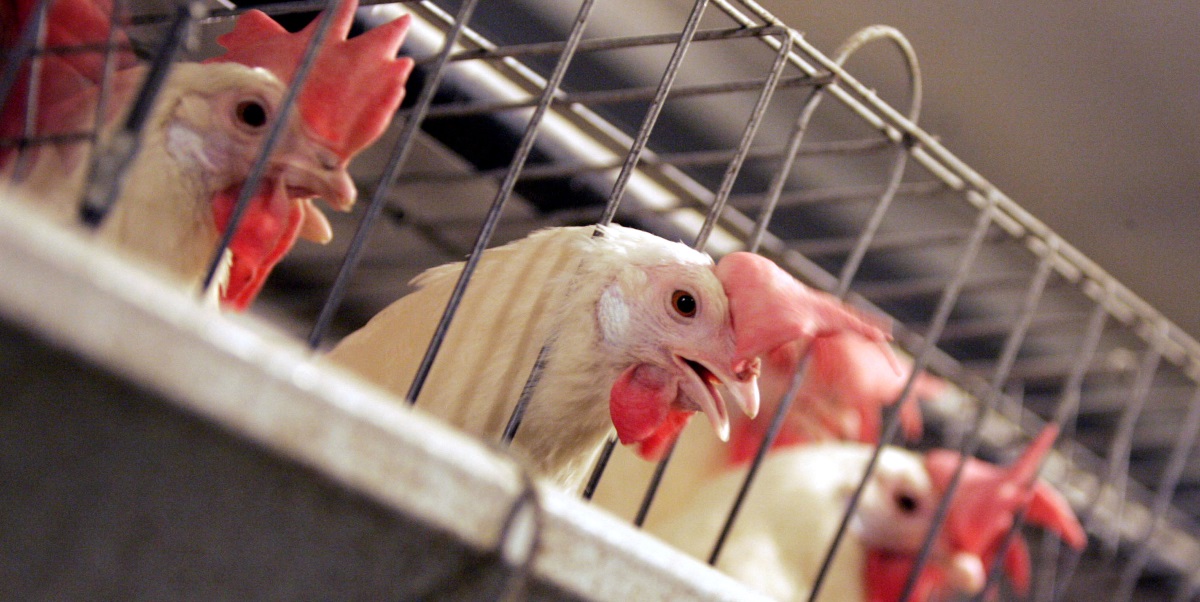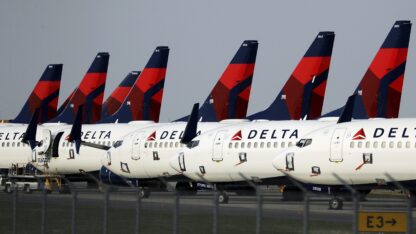A Georgia congressman wants the federal government to let poultry companies speed up their processing lines.
Like us on Facebook
U.S. Rep. Doug Collins, a Republican from Gainesville, is asking U.S. Agriculture Secretary and former Georgia Gov. Sonny Perdue to allow poultry processing plants to increase the speed of evisceration lines.
It’s the part of the poultry production process in which machines remove chickens’ internal organs.
Right now, poultry plants can eviscerate up to 140 birds per minute. But Collins, who submitted his request in a letter to Perdue, said if the limit was raised to 175 birds per minute, Georgia could be more competitive with global markets.
“It makes us more efficient and it allows us to run more birds through the plant,” said Paul Pressley, executive vice president of industry programs at the U.S. Poultry and Egg Association, a trade group based in Tucker.
Pressley said processing plants in China and other countries are faster. He also said that because the evisceration line is mostly automated, increasing line speed wouldn’t affect worker health or safety.
“Those jobs have been eliminated and therefore, there’s no reason to limit the line speed,” Pressley said.
But Naomi Tsu of the Southern Poverty Law Center said this proposed policy change could end up hurting workers down the line, because after evisceration, workers cut and de-bone the birds by hand.
“If only one part of the line speeds up, there becomes a backlog. And so that’s just as a practical matter not what happens. Once one line speeds up, the next one does as well,” Tsu said.
Tsu says her organization studied poultry factories in Alabama and talked with workers about their working conditions. She said workers report the line speed is already dangerous, so increasing it would certainly increase the rate of injuries.
“Someone who works in a poultry plant is standing at an automated line in 40-degree temperature, usually, making thousands of cuts a day, using knives and scissors, while slippery birds go by,” Tsu said.
Tsu said she hopes Perdue studies how a change in this policy would affect workers before making a decision.
Pressley pushed back on that notion. He said there’s no evidence to prove that the evisceration lines dictate the speed of the rest of the lines downstream. If anything, he said, the evisceration line will just run less often during the day to keep up with the rest of the workflow.
But Tsu said Perdue should be certain that increased line speeds wouldn’t affect the health and safety risks of workers before forging ahead.

9(MDAxODM0MDY4MDEyMTY4NDA3MzI3YjkzMw004))








